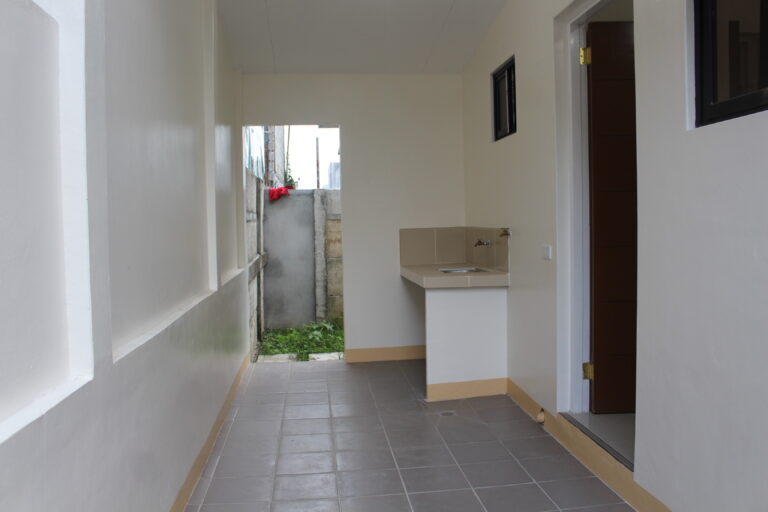In the Philippines, Labor Day, the day which is dedicated to all the hardworking men and women of the country, is celebrated on the 1st of May of every year.
Labor Day Is Significant For Two Reasons.
- For the religiously inclined, it is the Catholic feast day of St. Joseph the worker
- For those of a more Secular bend – It is a commemoration of the hardworking people in many countries
Religious Significance

In the Bible, beginning in the Book of Genesis, the dignity of human work has long been celebrated as a participation in the creative work of God. By work, humankind both fulfills the command found in Genesis to care for the earth (Gn 2:15) and to be productive in their labors.
Saint Joseph, the carpenter and foster father of Jesus, is but one example of the holiness of human labor. Jesus, too, was a carpenter. He learned the trade from Saint Joseph and spent his early adult years working side-by-side in Joseph’s carpentry shop before leaving to pursue his ministry as preacher and healer.
Saint Joseph is held up as a model of such work. Pope Pius XII emphasized this when he said, “The spirit flows to you and to all men from the heart of the God-man, Savior of the world, but certainly, no worker was ever more completely and profoundly penetrated by it than the foster father of Jesus, who lived with Him in closest intimacy and community of family life and work.”
The Secular Observation Celebrated In Many Countries
Most countries celebrate Labor Day on May 1, and it is sometimes known as May Day and also as International Workers Day. Workers usually use this holiday to start rallies and demonstrations where they would air their grievances and clamor for reform. However, some countries, such as the United States, the United Kingdom, and Canada celebrate Labor Day on the first Monday of September. The celebration of Labor Day originated with the eight-hour workday movement.
Labor Day is also a day for unions to bring attention to current issues affecting workers. In 1886, unions in the United States were successful in demanding an eight-hour working day. In the Philippines, which was under United States colonial rule, workers organized a rally at the American Governor-General’s residence demanding fairer working conditions. This is officially recognized as the country’s first Labor Day. However, it wasn’t until after 1913 when eight-hour days, as well as other workers’ rights, were granted to the people.
History of Labor Day in the Philippines
May 1, 1903 – Labor Day holiday was first celebrated, when more than a hundred thousand workers were organized by the first labor union called Union Obrero Democratia de Filipinas (UODF) to march from Plaza Moriones in Tondo to Malacanang(the former American-Governor’s residence, now Presidential palace) and demand the then American-led government for fairer working conditions. Their union fought for the rights of the labor force during the American occupation.
May 1, 1913, the other founder of UODF, Herminigildo Cruz, organized the Congreso Obrero de Filipinas. This congress lobbied for fair working conditions for the labor sector which included 8-hour working days, abolition of child labor, equal labor standards for women, and liability of the employers to their employees.
On May 1, 1974, former President Ferdinand E. Marcos, signed Presidential Decree No. 442 known as the Labor Code of the Philippines.
Labor Day is both a celebration and a commemoration dedicated to all the workers and their fight for equal and stable working conditions as well as various job opportunities that can potentially become careers.
JJS Realty and Development Inc., a real estate developer that built Marian Heights Subdivision and Diamond Heights Subdivision in Lipa City Batangas, commemorates hardworking men and women around the world in celebrating Labor Day.
Thank you for your hard work!





























































